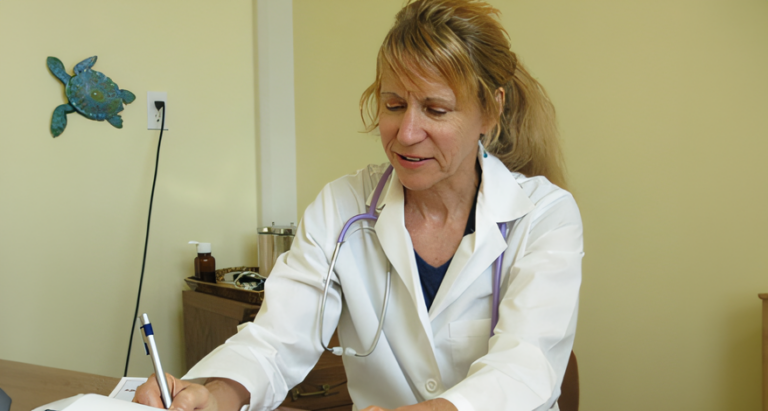Invisible’s New CME Course on Leptospirosis: The World’s Most Common Zoonotic Disease
Invisible’s newest CME course, “Leptospirosis: A Clinical Perspective,” provides medical professionals with comprehensive knowledge about diagnosing and…

Invisible’s newest CME course, “Leptospirosis: A Clinical Perspective,” provides medical professionals with comprehensive knowledge about diagnosing and…

Dear Friend of Invisible, Invisible is dedicated to ensuring that no Lyme+ patient is left behind….

Dear Friends and Supporters, As we approach Giving Tuesday, a day dedicated to generosity and philanthropy,…

In our new course, “An Introduction to Human Babesiosis,” you’ll learn how to diagnose and treat…

From the Desk of Dr. Nev ZubcevikA letter to our supporters from Dr. Nev Zubcevik, Chief…

Dear community, As you all are aware, the treatment of patients suffering from tick-borne diseases can…

A Massachusetts General Hospital study that raises the awareness of possible cardiac involvement in early Lyme…

If you’re a clinician looking for new evidence-based insights into diagnosing Lyme disease, this course is…

There’s a dire shortage of health-care providers who are experienced in the diagnosis and treatment of…

Invisible’s new continuing medical education course, “Zoonotic diseases and pet cats,” describes common diseases that can…
End of content
End of content